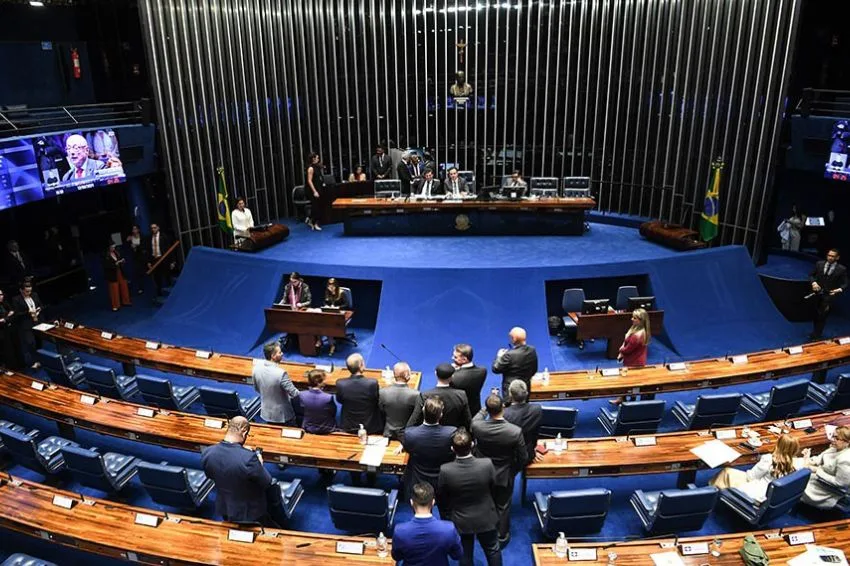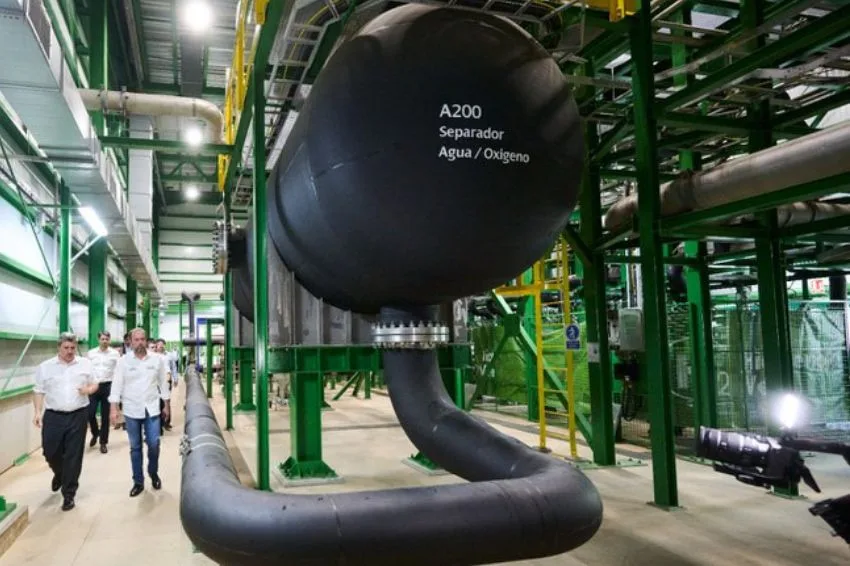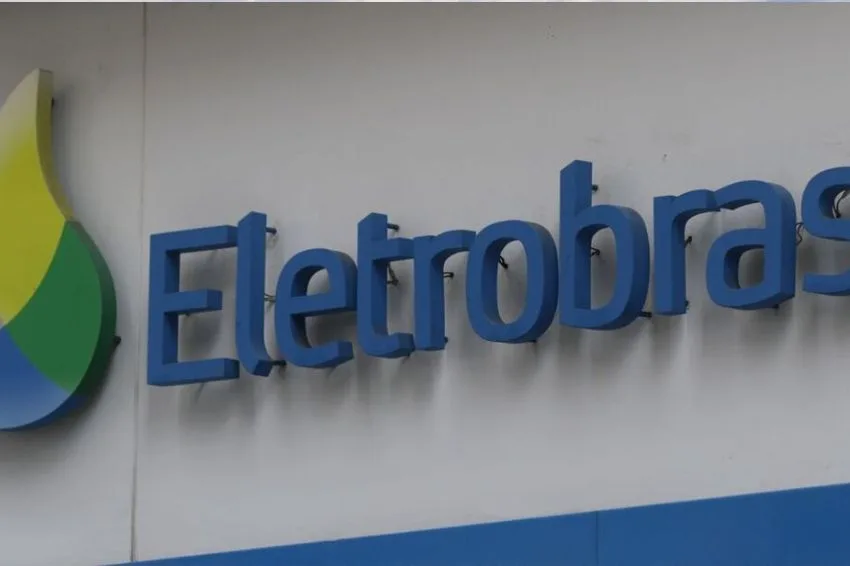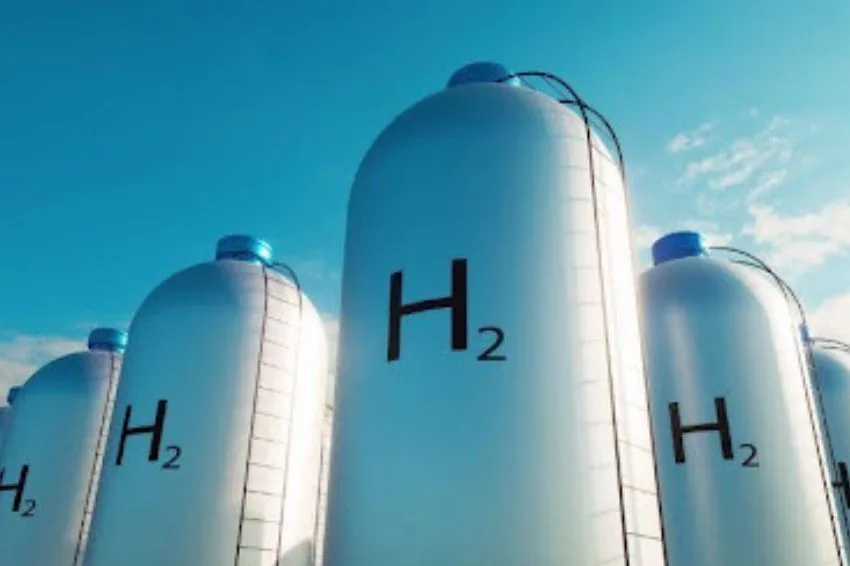The transition to a low-carbon economy is already showing impacts on the job market, this is what the study points out “Green hydrogen and power to X market: demand for professional training”, published by Senai (National Industrial Learning Service).
The survey, carried out in partnership with the project H2Brazil, which is part of the Brazil-Germany Cooperation for Sustainable Development, mapped professions to work in the supply chain H2V (Green Hydrogen) in Brazil.
“The study, based on international experiences, is essential to identify and validate demands in Brazil”, says Markus Francke, director of the H2Brasil project.
According to him, the research helps in training the professionals necessary for the development of the H2V and PtX industry in the country.
According to the researchers, among the professionals able to work in the H2V chain in Brazil are engineers from the most diverse specialties (mechanical, chemical, environmental and production), economists with experience in planning and management and specialists in regulation and legislation.
For Glaysson Muller, energy research analyst, construction technicians for photovoltaic and wind plants must also be considered. “To power H2V, it will be necessary to build new plants, promoting the creation of jobs in the area of construction of these plants”, he highlights.
Furthermore, the expert points out that the port area could also suffer major impacts, as a large number of H2V production hubs are located in these areas.
“The port area can have new investments, making them more modern to receive nearby companies that will use green hydrogen. Even creating a new network of nearby services and increasing the income of the nearby population”, concludes Muller.
Check out the list of professions that should work in the H2V market below:
|
Potential of Brazilian H2V and PtX
Due to the availability of wind and sun, Brazil is considered one of the countries with the greatest potential for generating renewable electrical energy in the world and, therefore, offers excellent conditions for the production of H2V and PtX — the process of converting electrical energy (power) to another energy vector (x).
In this case, green hydrogen, from the electrolysis of water, in addition to other products derived from H2V, such as Green Ammonia and Synthetic Fuels.
The fair energy transition encompasses economic and social changes, including the growth of sustainable energy and the decentralization of the energy matrix.
From this context, professionals who will work in this market must master: the general operating structure of the energy sector; market knowledge; regulatory framework; computational tools and data analytical capacity, in addition to being aware of the impacts of artificial intelligence in the electricity sector.
The H2Brasil Project
The H2Brasil project is part of the Brazil-Germany Cooperation for Sustainable Development and is implemented by GIZ (Deutsche Gesellschaft für Internationale Zusammenarbeit) GmbH and the MME (Ministry of Mines and Energy) with support from the BMZ (Federal Ministry of Economic Cooperation and Development) of Germany.
The main objective of H2Brasil is to support the expansion of the H2V market in the country, through research incentives, exchange of information between Brazilian and German universities, promotion of innovation projects and new technologies, certification and regulatory studies focusing on H2V and promotion of professional training courses.
Senai will launch, in the second half of this year, the network's first postgraduate course in H2V and PtX, at Senai Cimatec, in Bahia, together with a center of excellence located in Rio Grande do Norte and five more regional laboratories (Santa Catarina, Paraná, São Paulo, Bahia and Ceará) focused on professional and higher education in this new sector.
“We will not have a technical course on green hydrogen, but a specialization, so that a person trained in electrical engineering, for example, is specialized in the subject”, exemplifies the superintendent of Professional and Higher Education at Senai, Felipe Morgado.
















